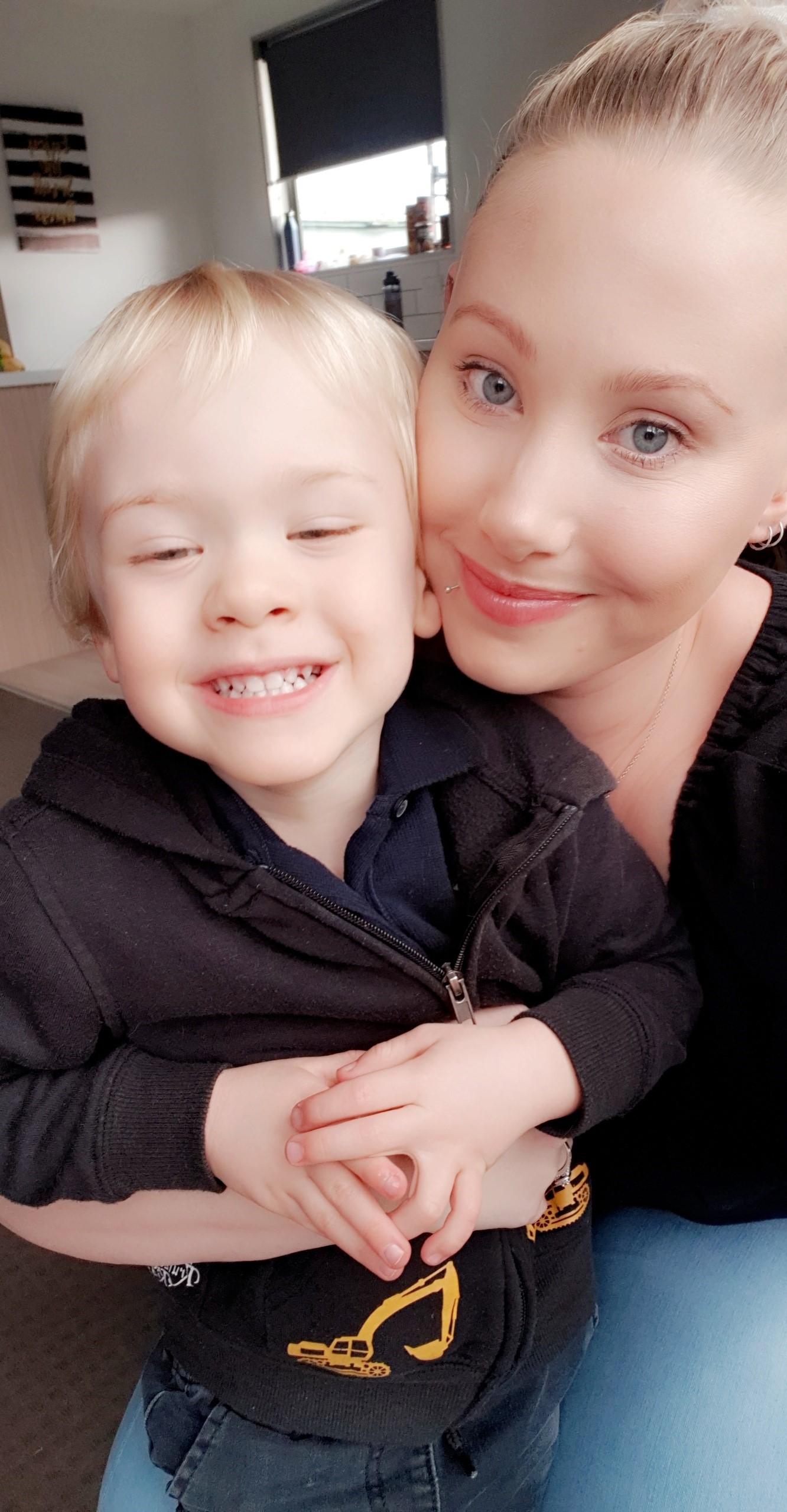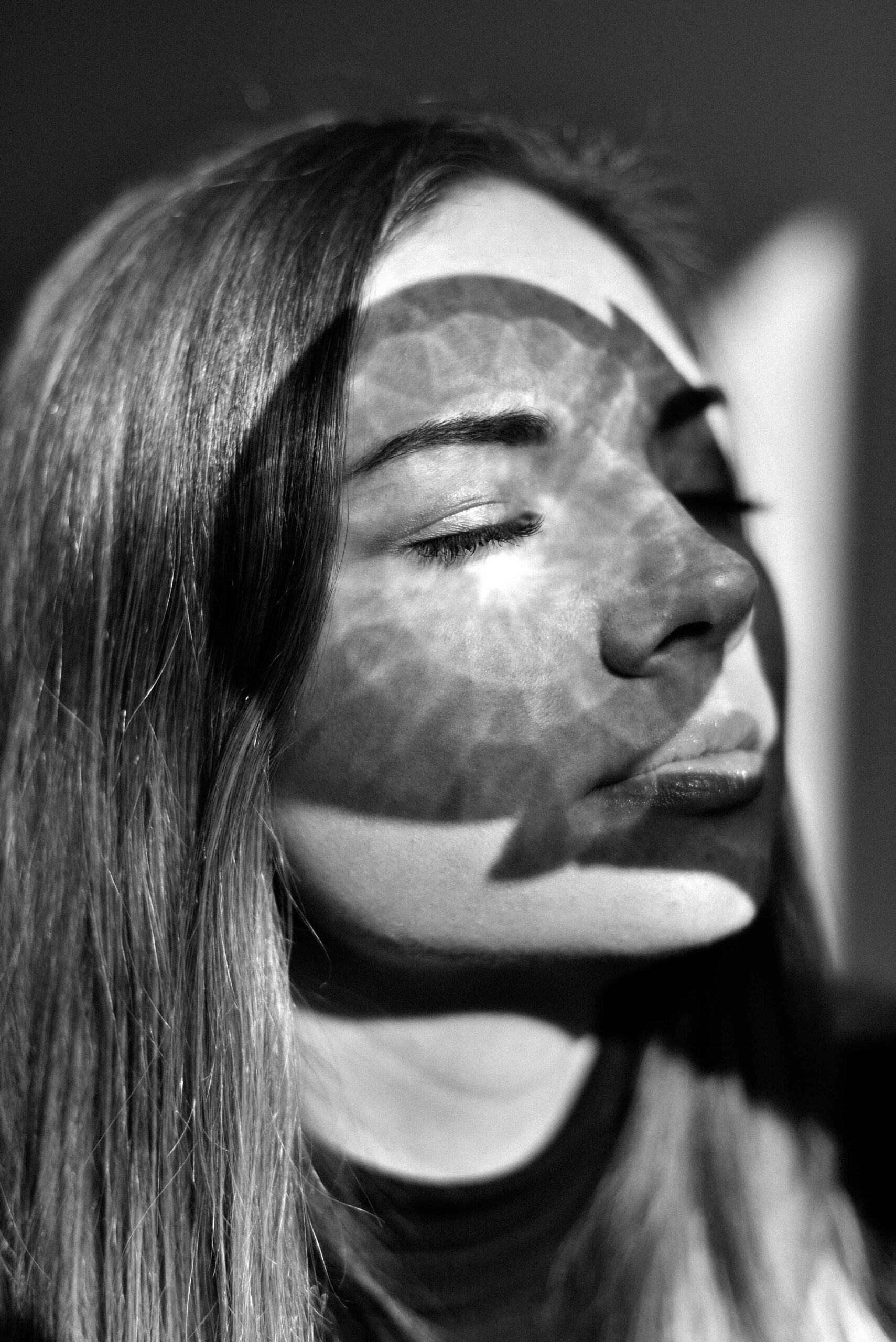World Blood Donor Day on 14 June is an essential reminder that blood donors provide an essential service that plays a vital role in the health of our nation. Currently, less than 4% of eligible New Zealanders are registered to donate (that’s 110,000 wonderful donors), and the New Zealand Blood Service needs to collect over 3,500 donations every week to meet demand. Importantly, there is no substitute for blood – donors save lives.
There are also 11,000 plasma donors in New Zealand, but to keep up with demand, the New Zealand Blood Service needs to double the plasma donor registry.
On 15 March 2019, we reeled from the Christchurch Mosque attacks. New Zealand blood donors played an essential part in ensuring that blood and blood products were available to help save lives. Five hundred and twenty units of red cells, platelets, cryoprecipitate and fresh frozen plasma, went directly to help save lives. Blood products were also needed to help the victims of the recent Whakaari White Island eruption.
While donated blood is used for a variety of life-saving procedures, 11% of all donated blood goes to pregnant women, babies, and children. Many complications can arise with pregnancy and birth, and here are two stories which shed light on the importance of blood donation.
Caroline Kemp had been a New Zealand Blood Service donor technician for four years when she gave birth to her rainbow baby Jasmine in Christchurch, August 2017. She birthed safely but was unable to birth the placenta naturally. After manually removing her placenta, it became apparent Caroline had suffered severe blood loss and required two units of red blood cells. As she was collecting blood at work a week before giving birth, there is sweetness in the knowledge she may have collected the very blood that saved her life. Now, every day on the donor floor, she thanks every donor for their voluntary service.
Nacita Harman gave birth to her son Maitland in Dunedin, September 2017, at just 26 weeks’ gestation. Maitland fought for his life in Dunedin and then Christchurch hospital, requiring more than ten blood transfusions and seven units of blood to live, his first one when he was just 24 hours old.

Nacita HarmanOn average, one unit of blood or plasma equates to one donor, so it is accurate to say Maitland was saved by the generous donations of 9 people. Maitland spent a total of 172 days in neonatal intensive care. And a result of Nacita’s experience, she is now a registered blood donor.
To become a blood donor, download the app, visit nzblood.co.nz, or phone 0800 448 325 (0800 GIVE BLOOD) and book an appointment to donate.







